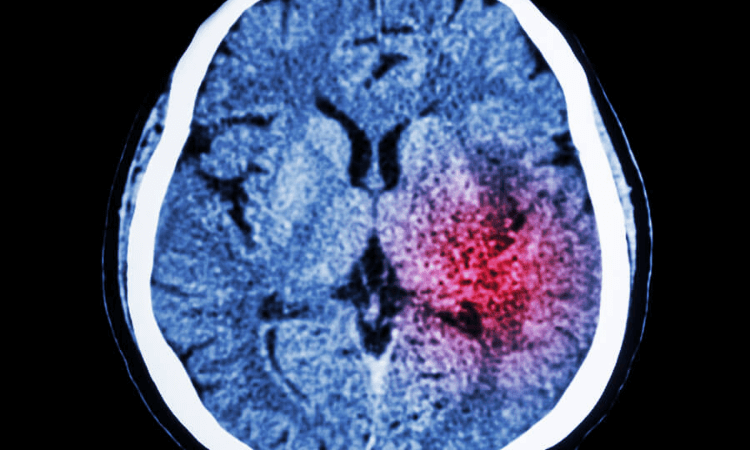
Effects of Alcohol on Blood Pressure – Although alcohol consumption is enjoyable for many, even moderate use can increase certain health risks. Having more than three drinks in a single event will temporarily cause a person’s blood pressure to rise, but prolonged binge drinking or regular alcohol use can cause a chronic increase in blood pressure.
What Is Hypertension?
The heart pumps blood throughout the body every time it beats. For the blood to sufficiently circulate, a certain amount of pressure is needed. A healthy heart that is functioning optimally will pump blood throughout the body at relatively low pressure.
Hypertension (high blood pressure) is a disorder in which the heart is forced to pump harder to circulate the blood through the entire body. This puts a strain on the arteries, as they have to work harder to move the blood that’s now flowing throughout the body at a higher pressure.
High blood pressure, however, is frequently asymptomatic for many people for some time. One of the most dangerous aspects of this condition is that those who have it may not know it. In fact, about one-third of people who experience high blood pressure are unaware of it, meaning that it can remain undiagnosed until a significant health complication occurs.
Signs and symptoms of profoundly high blood pressure may include the following:
- Severe headache
- Fatigue
- Confusion
- Vision problems
- Chest pain
- Breathing difficulties
- Irregular heartbeat
- Blood in urine
- Pounding neck, ears, or chest
Effects of Alcohol on Blood Pressure
Drinking heavily over time can produce an increase in blood pressure. When a person drinks alcohol above an amount the body can efficiently process, this causes blood pressure to rise. For the duration of a drinking episode, and for some time after, blood pressure will stay elevated.
Indeed, continued, excessive drinking can adversely impact blood pressure. If drinking persists, over time these effects will compound, and perilously high blood pressure can develop. For this reason, alcohol addiction is a dangerous circumstance for those who suffer it.
Dangerous Complications of High Blood Pressure
High blood pressure has been linked to many different health issues, including kidney damage and retinal disease. High blood pressure can also lead to potentially life-threatening complications, including the following:
Stroke
High blood pressure puts stress on the arteries and blood vessels throughout the entire body, including those of the brain. The continued strain will result in blood vessels clogging or weakening. When this occurs, there is a blockage of blood or bleeding in the brain, also known as a stroke.
How much a person is affected by a stroke depends on where the stroke transpires and how much the brain has been compromised. Someone who had a relatively mild stroke may only have inconsequential problems, such as transient weakness in an arm or leg.
People who have massive strokes, on the other hand, may become permanently paralyzed on one side of the body or entirely lose their ability to speak. Some people completely recover from a stroke, but more than 2/3 of those who survive will encounter some form of disability.

Heart Attack
The presence of hypertension substantially increases the risk of a heart attack. Because high blood pressure forces the heart to work harder and increases overall stress, there will be an increased risk of breathlessness, chest pains, and heart attack.
A heart attack is characterized by an abrupt blockage of the network of coronary arteries that surround the heart muscle and provide it with oxygen and blood rich in vital nutrients. This condition prevents blood flow to the heart muscle and damages it.
Aneurysm
Hypertension is a significant risk factor for a cerebral aneurysm (brain aneurysm), which is a weak or thin spot on an artery that balloons out and fills with blood. The bulging aneurysm can put pressure on nerves and brain tissue and may rupture or burst, spilling blood into the surrounding tissue (hemorrhage). A ruptured aneurysm can result in severe health complications, such as hemorrhagic stroke, brain damage, coma, and death.
Other Factors
There are other factors in addition to alcohol consumption that can contribute to the development of high blood pressure. These include hereditary factors, being over the age of 65, being overweight and/or physically inactive, tobacco use, and eating a diet high in sodium or low in potassium.
Treatment for Alcoholism
To lower blood pressure to a normal range, it’s essential to decrease the amount and frequency at which alcohol is consumed. Some heavy drinkers can find ways to reduce their consumption to moderate levels over a sustained amount of time, but for many, decreasing alcohol intake to healthy levels is extraordinarily challenging and medical intervention is necessary.
Recovery in Tune uses a comprehensive, research-based approach to addiction treatment that includes services vital to the recovery process, such as psychotherapy, drug counseling, and aftercare planning. Our highly-trained addiction specialists are dedicated to providing clients with the tools and support they need to achieve abstinence, avoid relapse, and sustain long-term sobriety and wellness.
Contact us today and discover how we can help you begin your journey to recovery!